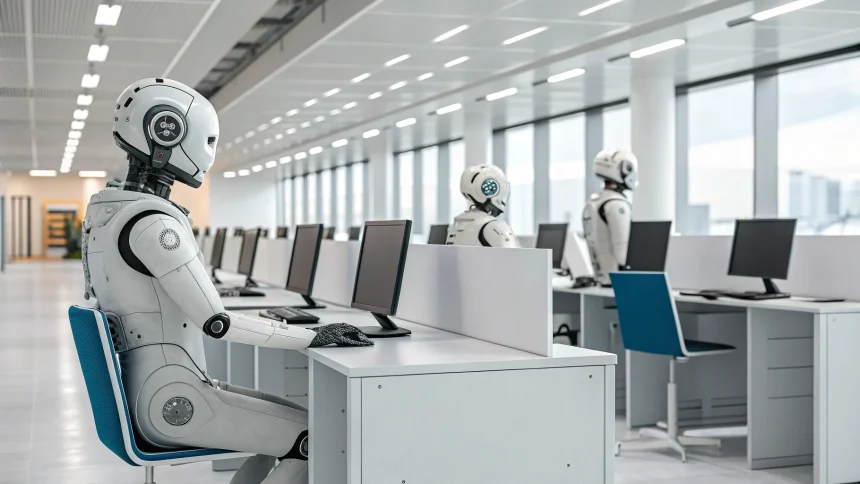Industry analysts are forecasting a significant shift in the customer support sector as artificial intelligence technologies advance. According to recent commentary, AI systems may soon take over a substantial portion of customer service roles traditionally held by human workers.
This prediction comes amid growing adoption of AI-powered chatbots, virtual assistants, and automated response systems across various industries. Companies are increasingly looking to these technologies to handle customer inquiries, troubleshoot common problems, and provide 24/7 support without the limitations of human staffing.
The Changing Landscape of Customer Service
The customer support industry has already begun its transformation with the integration of AI tools. Many businesses now employ first-line automated systems that handle basic customer queries before escalating complex issues to human agents. These systems can process natural language, recognize customer intent, and provide standardized responses to common questions.
As machine learning algorithms improve, these AI systems are becoming more sophisticated in their ability to understand context, sentiment, and nuance in customer communications. This evolution suggests that AI could soon manage increasingly complex customer interactions that currently require human judgment and empathy.
The potential impact on employment in the sector could be substantial. Customer support represents a significant employment category globally, with millions of workers potentially affected by widespread AI adoption.
Economic and Workforce Implications
The forecasted replacement of customer support positions raises important questions about workforce transitions and economic impacts. Companies may benefit from reduced operational costs and increased efficiency, while workers in the field could face career disruption.
Several factors are driving this potential shift:
- Cost efficiency: AI systems can handle multiple inquiries simultaneously without breaks or benefits
- Consistency: Automated systems deliver uniform responses without human variability
- Scalability: AI can manage sudden surges in customer contact volume
- Data integration: AI can instantly access customer histories and relevant information
However, the timeline and extent of this transition remain subjects of debate. While some analysts predict rapid displacement, others suggest a more gradual evolution where AI handles routine tasks while humans manage complex issues requiring emotional intelligence and creative problem-solving.
Human-AI Collaboration Models
Not all industry observers believe complete replacement is inevitable. Some suggest that the future may involve collaboration between AI systems and human agents, with technology handling routine inquiries while people address complex problems requiring judgment, empathy, and creative thinking.
This hybrid approach could transform customer support roles rather than eliminate them entirely. Human agents might shift toward specialized problem-solving, relationship management, and oversight of AI systems.
“The question isn’t whether AI will change customer support, but how companies will balance automation with the human touch that many customers still value,” noted one industry analyst tracking these developments.
As this transition unfolds, customer support professionals may need to develop new skills focused on areas where humans maintain advantages over AI, including complex problem-solving, emotional intelligence, and the ability to handle unusual or unprecedented situations.
The predictions about AI’s impact on customer support reflect broader conversations about automation and the future of work. As with previous technological revolutions, the challenge for society will be managing this transition to minimize disruption while maximizing the potential benefits of new technologies.









